Frequently Asked Questions
1. What are the different types of pocket knives?
2. Why are pocket knives popular among collectors?
3. How can I care for my pocket knives?
4. Where can I buy pocket knives?
5. What is the importance of establishing a budget for collecting pocket knives?
Are you new to the fascinating world of collecting pocket knives? If so, you're in for an exciting adventure filled with history, craftsmanship, and unique artistry. Pocket knives, particularly those considered Handmade Knives, have captivated collectors for generations. In this article, we'll explore essential tips for new enthusiasts looking to establish their very own pocket knife collection, helping you understand what to look for, how to care for your knives, and more.
Understanding Pocket Knives and Their Appeal
Before diving into tips and collection strategies, it’s important to grasp why pocket knives have gained such popularity among collectors. Pocket knives are not merely tools; they represent a fusion of utility, artistry, and history. Each piece can tell a story about its maker and the era it was crafted in. The craftsmanship that goes into these Handmade Knives often reflects the culture and tradition behind them, attracting enthusiasts who appreciate both beauty and functionality.
The Different Types of Pocket Knives
Not all pocket knives are created equal. As an aspiring collector, familiarize yourself with the various types of pocket knives available:
- Folding Knives: These are compact and can easily fit in your pocket. They come in various styles, including those with assist mechanisms, traditional folding mechanisms, and more.
- Multi-tools: These versatile tools often include several blades and functions, combining features of a knife and many other devices.
- Fixed Blade Knives: While not always classified as pocket knives, many collectors appreciate fixed-blade options for their sturdiness and durability.
- Classic Pocket Knives: Often characterized by their traditional designs, these knives may include slipjoint mechanisms or iconic shapes.
Understanding these variations will help you define the focus of your collection. Collecting Handmade Knives allows you to appreciate not only their utility but also the time-honored techniques utilized by skilled artisans.
Research Is Key
Before you purchase your first pocket knife, spend some time conducting research. Understanding the nuances of different brands, makers, and styles will further enhance your knowledge and appreciation of your collection.
Learn About Materials
The materials used in making pocket knives play a significant role in their appeal and value. Common materials include:
- Blade Steel: Variations such as stainless steel, carbon steel, and Damascus steel come with their pros and cons. Learning about these options will help you choose knives that align with your collecting goals.
- Handles: Materials like wood, bone, and synthetic options can all be found. Each material imparts a different aesthetic and tactile experience.
Familiarizing yourself with material options will allow you to make informed decisions when expanding your collection of Handmade Knives.
Understand the Market
Get to know the pocket knife market by exploring online communities, forums, and social media groups dedicated to knife collecting. Engaging with fellow enthusiasts is a fantastic way to learn about upcoming trends, rare finds, and valuable tips.
Setting a Budget
Collecting pocket knives can range from an affordable hobby to a costly pursuit. To avoid overspending, it’s important to establish a budget. Decide how much you’re willing to invest initially and stick to that budget while developing your collection.
Buying New vs. Vintage
One of the exciting aspects of collecting is the decision between purchasing new or vintage knives. Each option presents its unique set of challenges and benefits:
- New Knives: These often come with warranties and are in pristine condition. Plus, buying new Handmade Knives supports contemporary artisans and encourages the craft.
- Vintage Knives: These often carry historical significance and can range in rarity. Collectors enjoy the thrill of hunting for unique pieces among estate sales or antique shops.
Choose which approach resonates with your collecting style, and don’t hesitate to diversify your collection with both new and vintage options.
Where to Buy Pocket Knives
Knowing where to purchase your pocket knives can significantly influence your collection’s growth. Various avenues exist for acquiring these treasured items:
Online Markets
Websites like eBay, Etsy, and specialized knife shops offer vast inventories from various makers. Research reputable sellers and read reviews to ensure you are getting authentic products, especially when seeking Handmade Knives.
Knife Shows and Conventions
Participating in knife shows and conventions can be an exhilarating experience for collectors. These events often feature not just an assortment of knives but also opportunities to meet makers and fellow enthusiasts.
Local Shops and Flea Markets
Visiting local knife shops and flea markets can lead to hidden gems. You may stumble across unique pieces that aren’t available online. Local makers may also be present at these venues, offering Handmade Knives that showcase their individual craftsmanship.
Proper Care and Maintenance
Once you’ve started your collection, proper care and maintenance are essential to keeping your pocket knives in excellent condition. Regular attention can dramatically prolong their lifespan and value.
Cleaning Your Knives
Keep your pocket knives clean by following these simple steps:
- Wipe the blades after each use to remove moisture and debris.
- Use a soft cloth and mild soap for a thorough cleaning, particularly for intricate designs or mechanisms.
- Regularly check for rust or wear, and clean any affected areas immediately.
Sharpening Techniques
Keeping your blades sharp is vital for functionality. Invest in a good quality sharpening stone or system, and learn the correct techniques to maintain the blade’s edge. Another option is to have your Handmade Knives professionally sharpened to preserve their integrity.
Safe Storage Practices
When you’re not using your pocket knives, proper storage becomes crucial:
- Display Cases: Invest in display options that allow you to showcase your collection while keeping the knives protected.
- Storage Boxes: Consider lined boxes or cases designed specifically for knives to prevent scratches and damage.
Building a Community
Connecting with other knife enthusiasts can significantly enhance your collecting experience. Engage with online forums, attend meetups, and be an active participant in discussions about pocket knives. Here are some ways to build your community:
Join Social Media Groups
Platforms such as Facebook or Instagram have niche groups dedicated to knife collecting. Interacting with posts, sharing your progress, and learning from seasoned collectors will enrich your knowledge and connectedness.
Participate in Blade Forums
Online forums are goldmines for information and community interaction. Many collectors contribute valuable insights about sourcing, care techniques, and market trends.
Ready to Forge Your Path?
Now that you’ve got a solid foundation on collecting pocket knives, it's time to put this knowledge into practice. As you hone your skills and formulate your unique style as a collector, remember to enjoy the journey! Each knife tells a story – a beautiful blend of history, craftsmanship, and personal interest.
By following these tips and immersing yourself in the world of Handmade Knives, you’ll find joy and satisfaction in expanding your collection, connecting with like-minded enthusiasts, and honing expertise that will serve you well in your collecting adventures. So breathe life into your passion, secure those pieces you adore, and let your collection flourish!


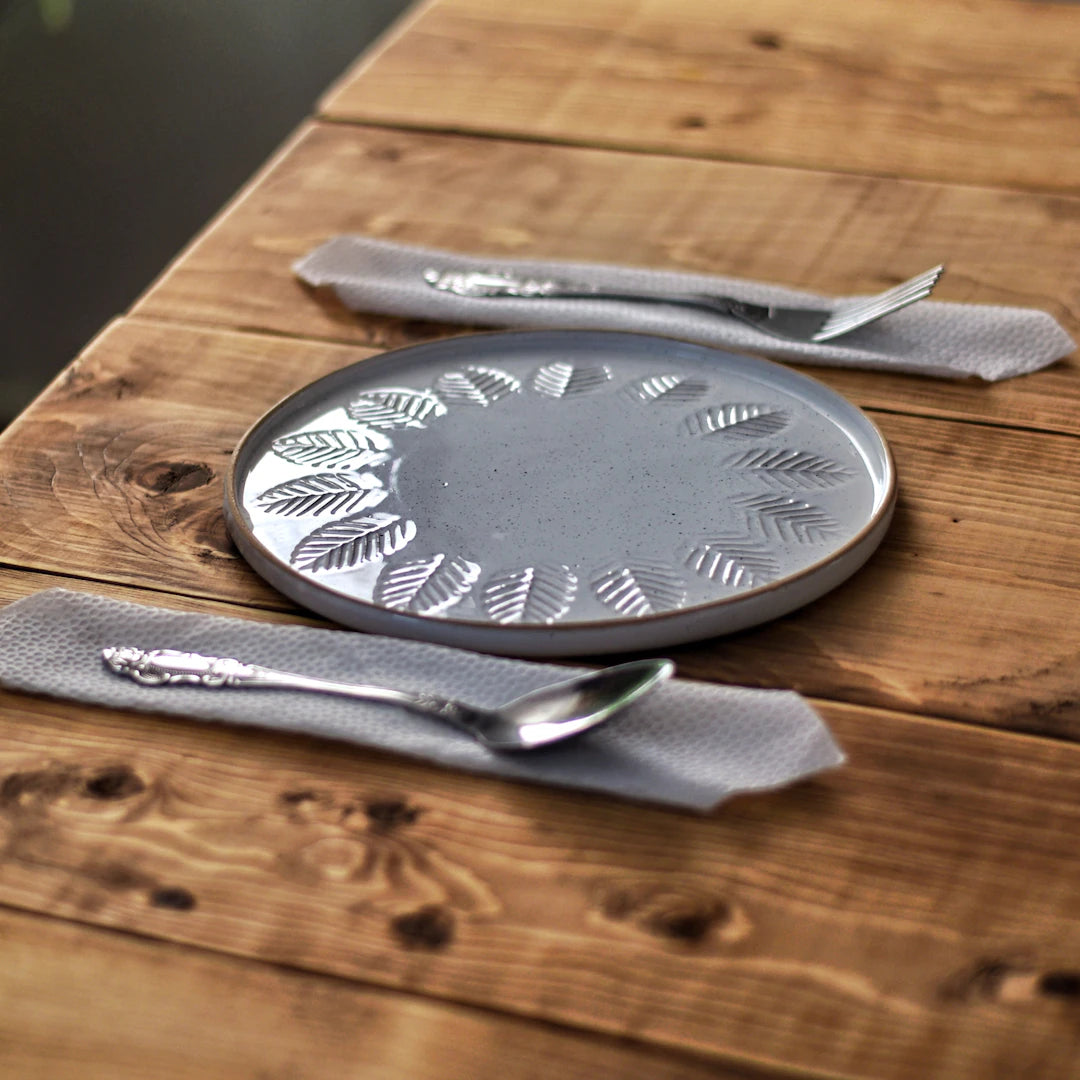
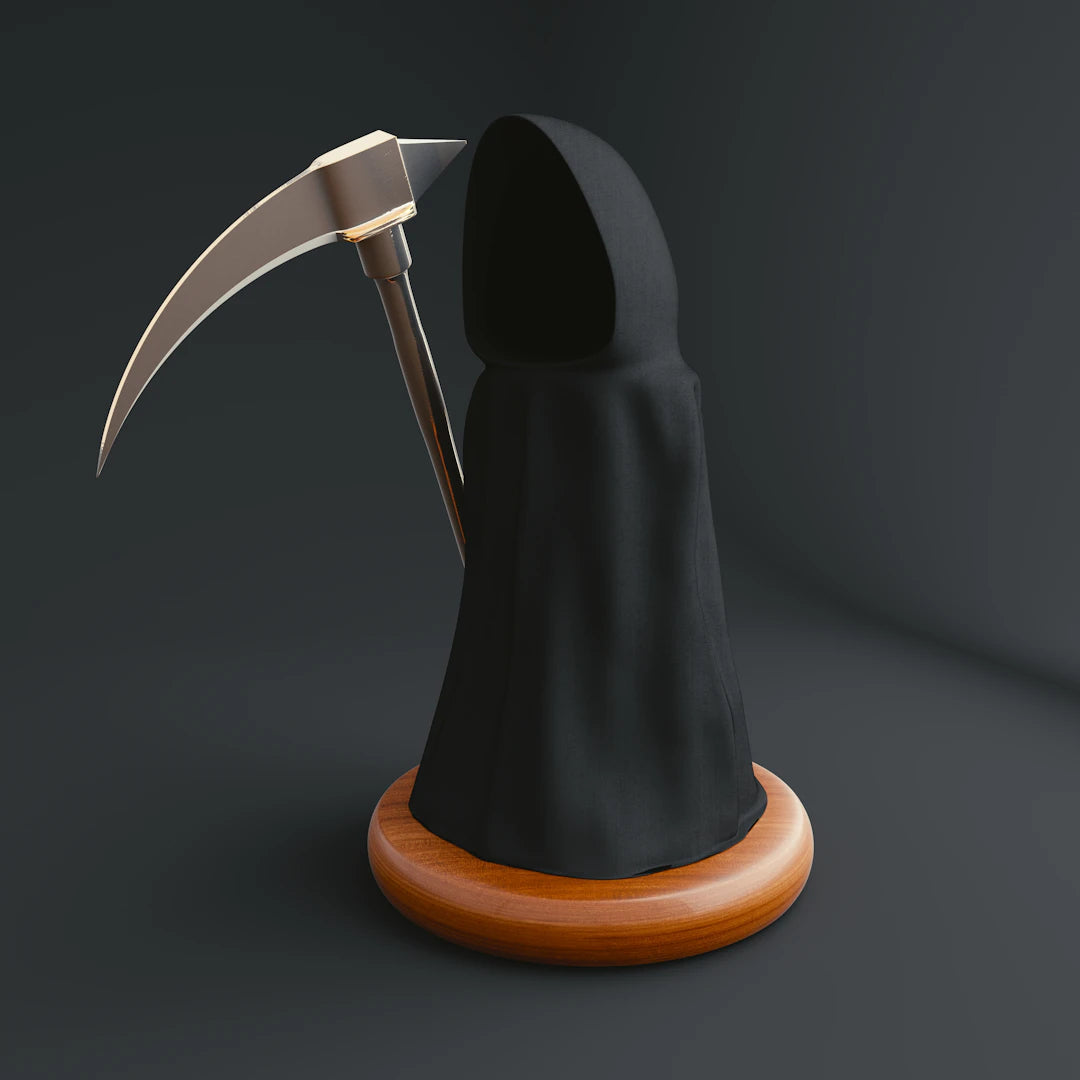
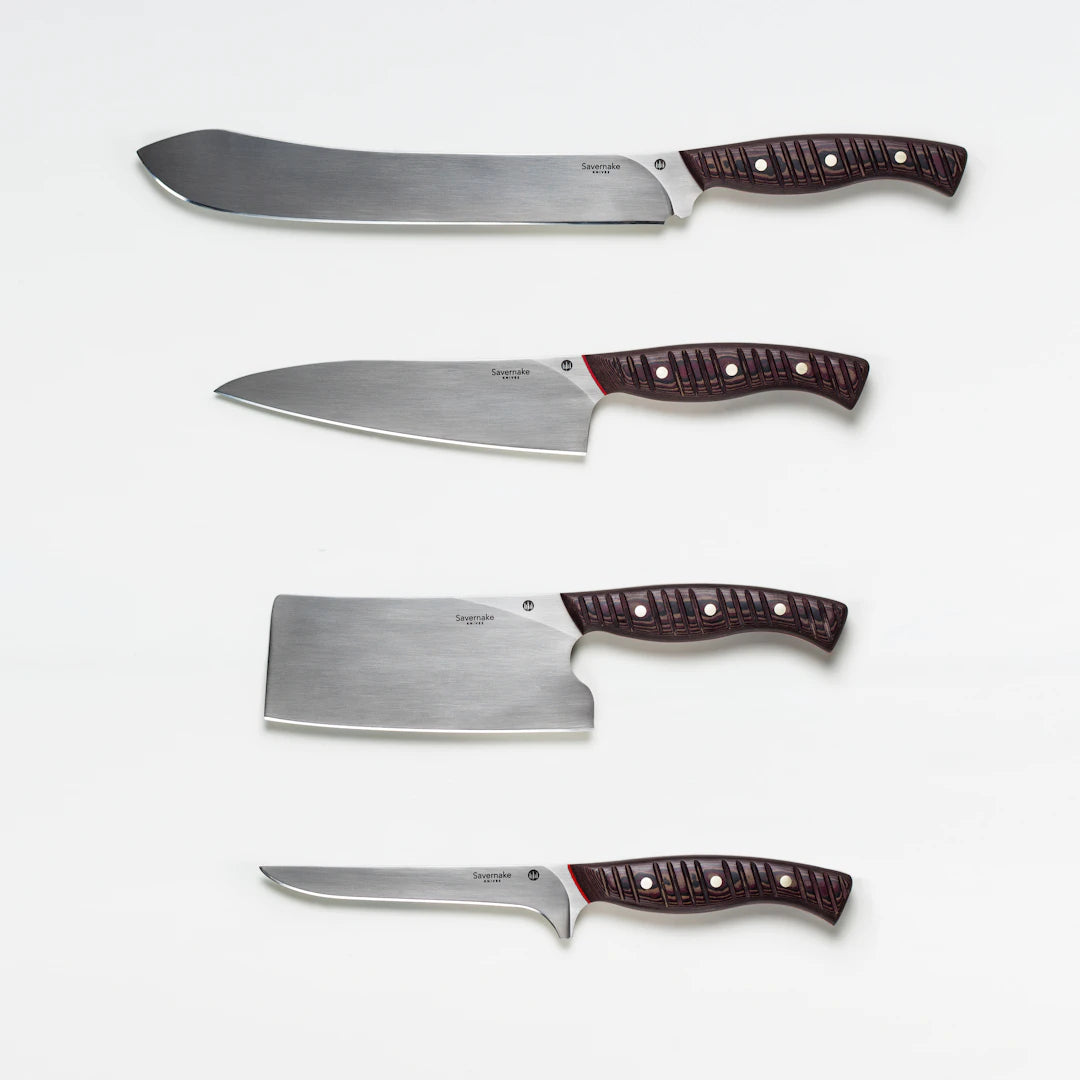
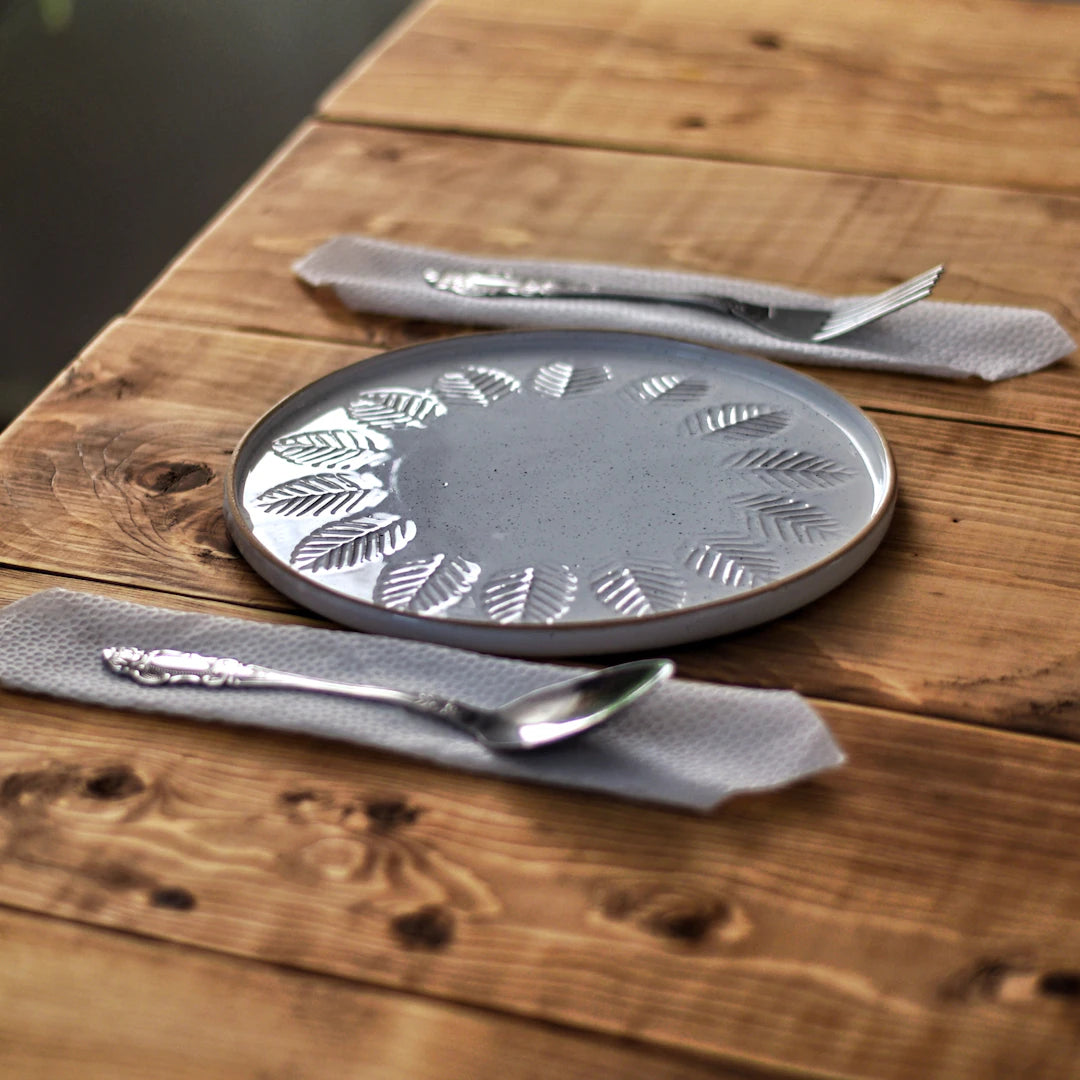
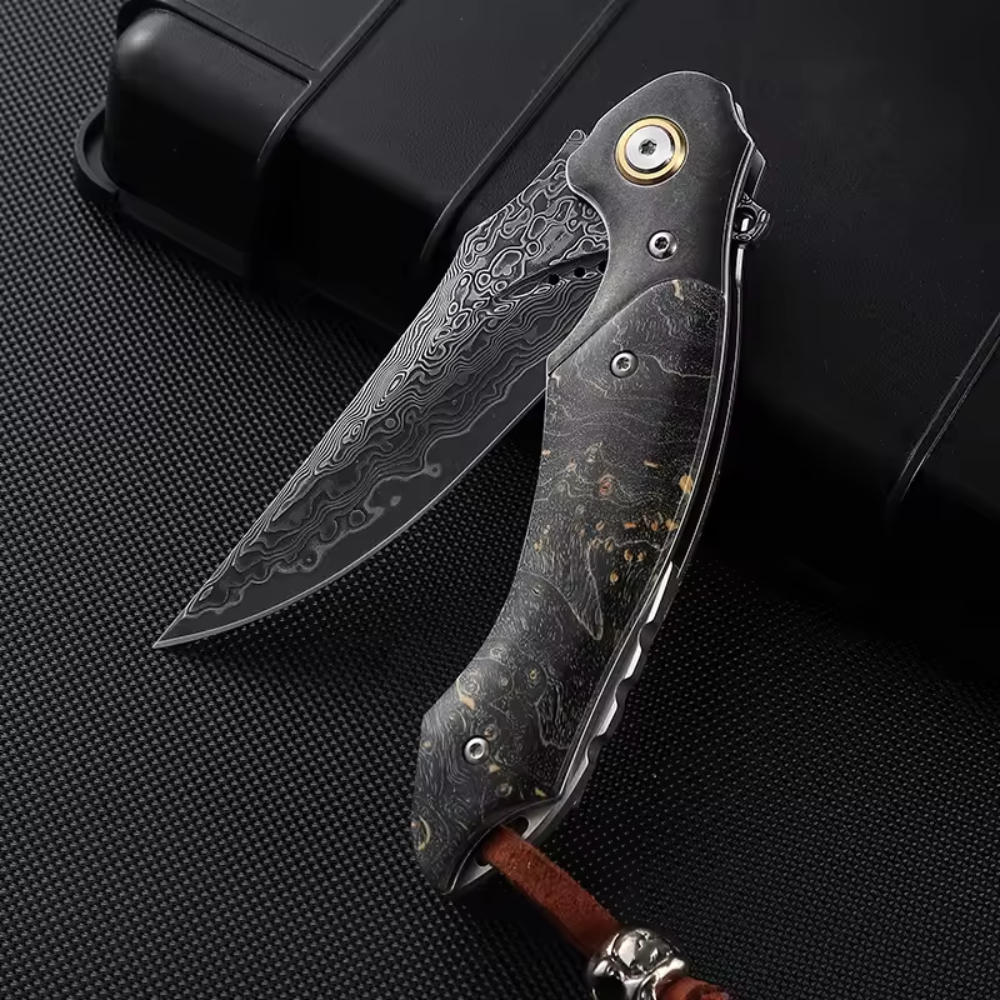
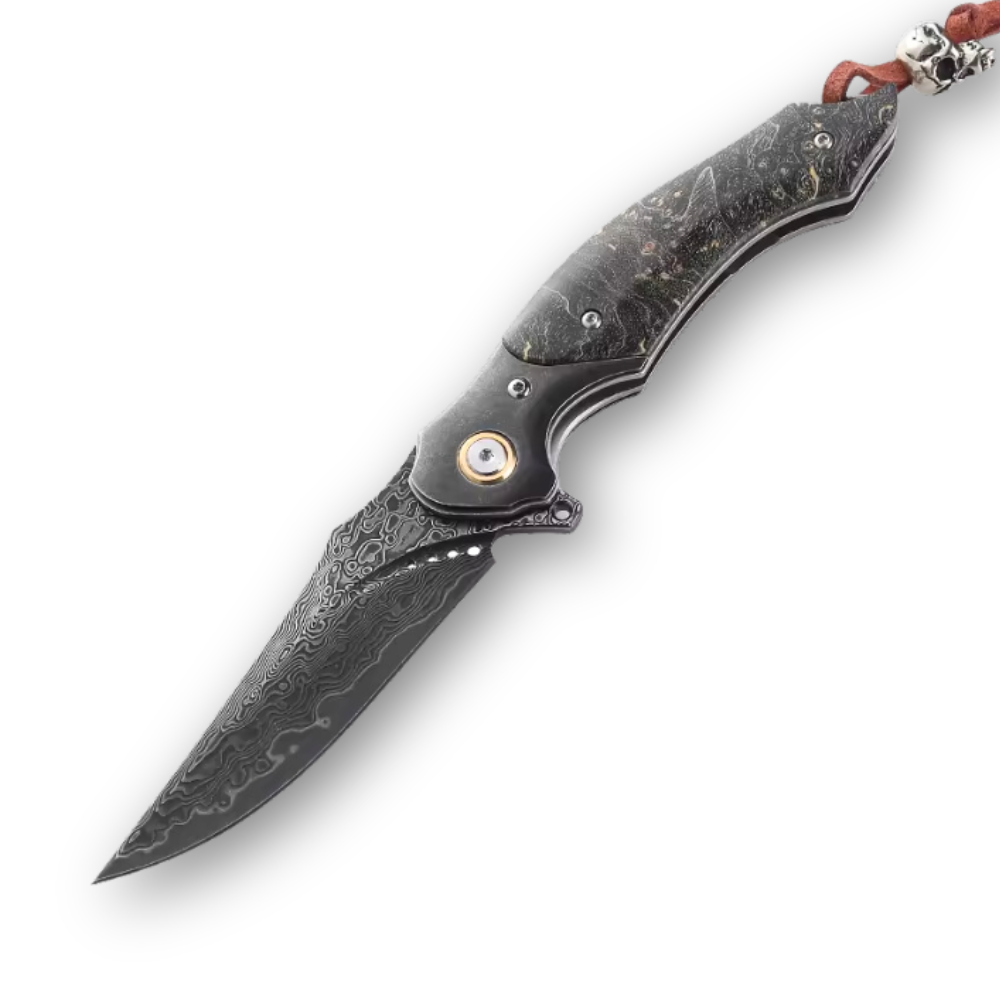
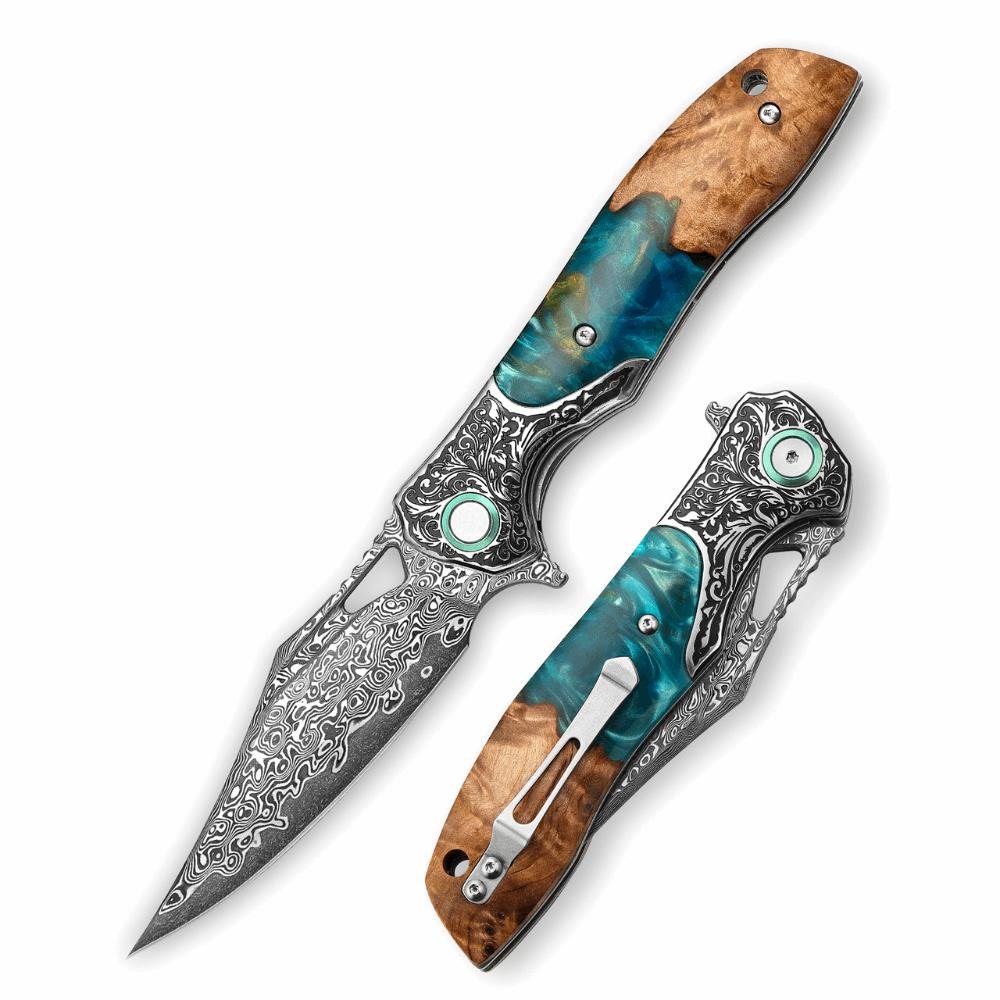
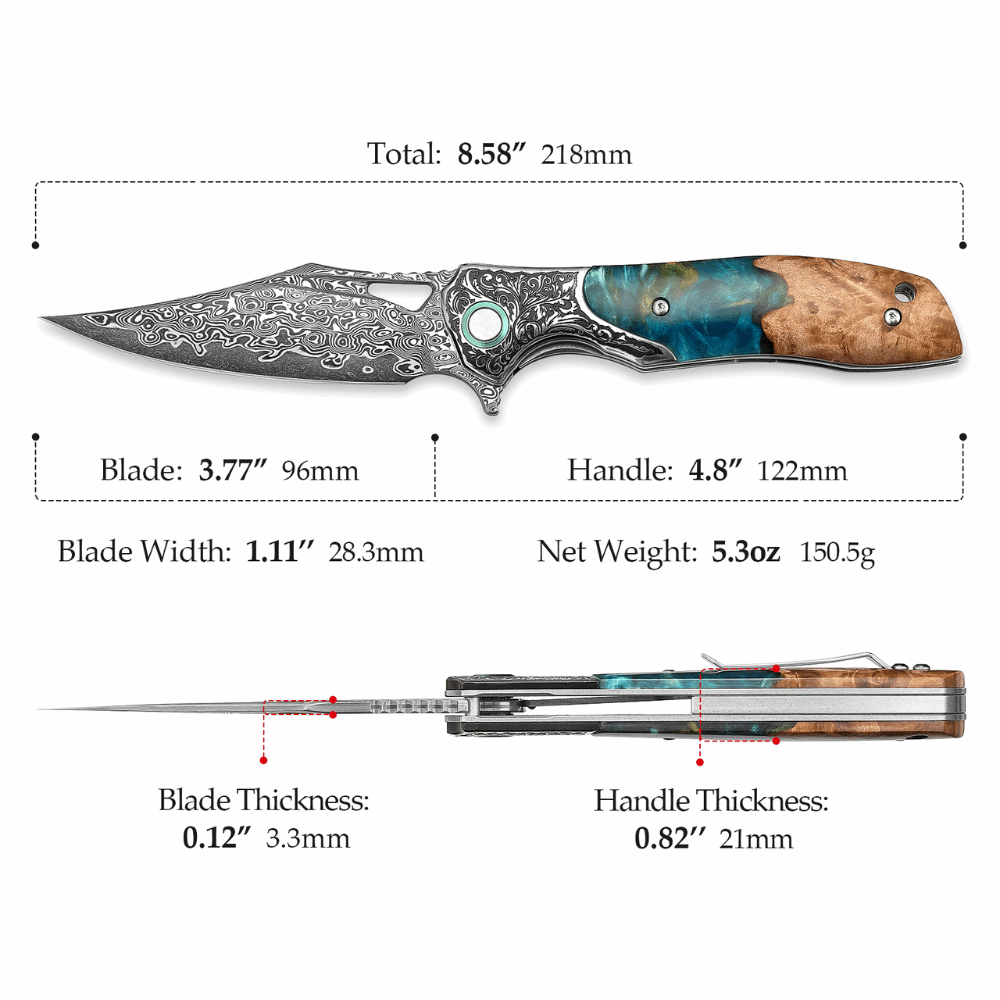
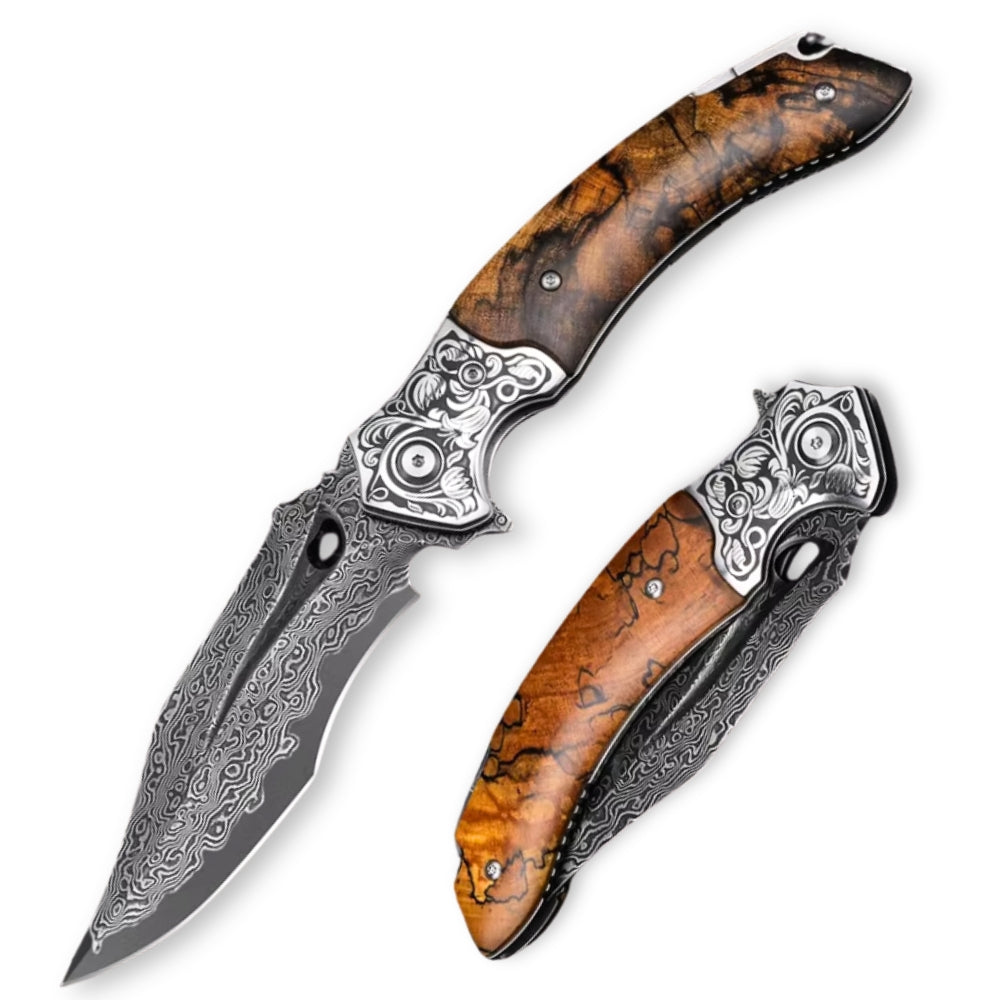
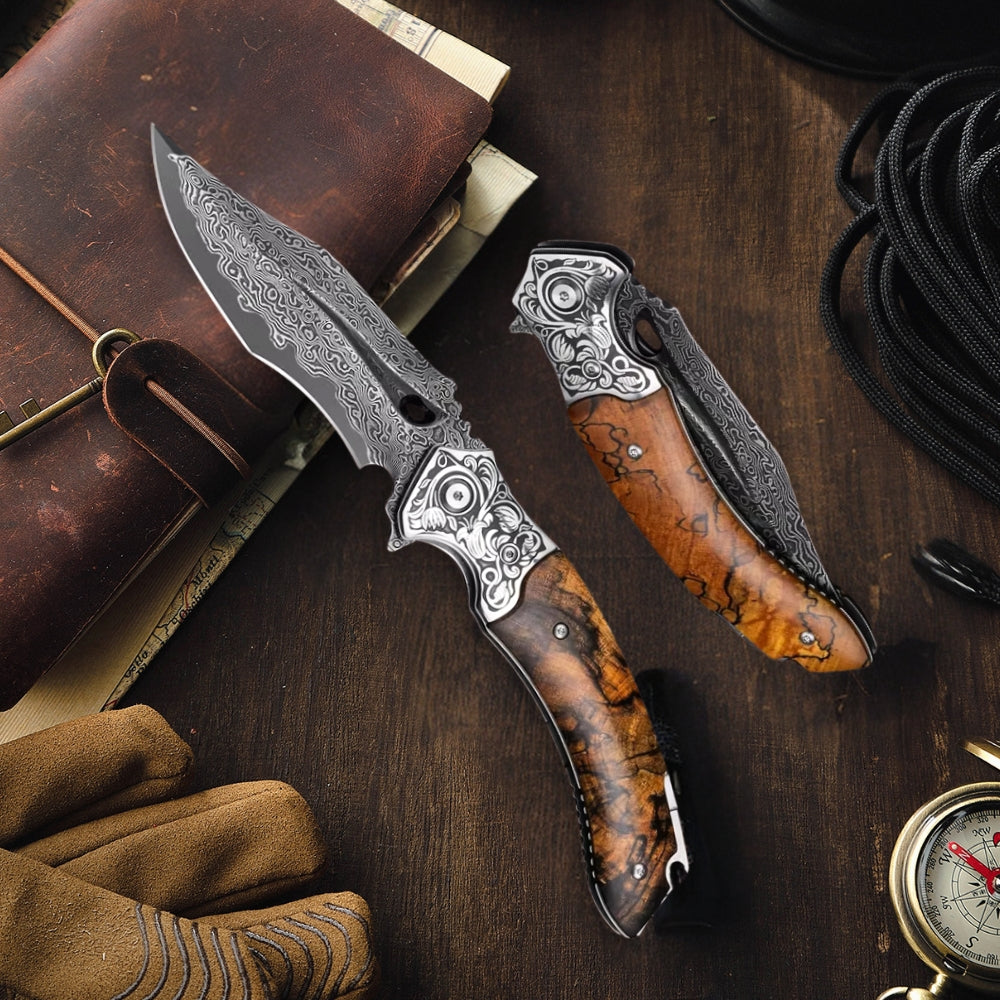
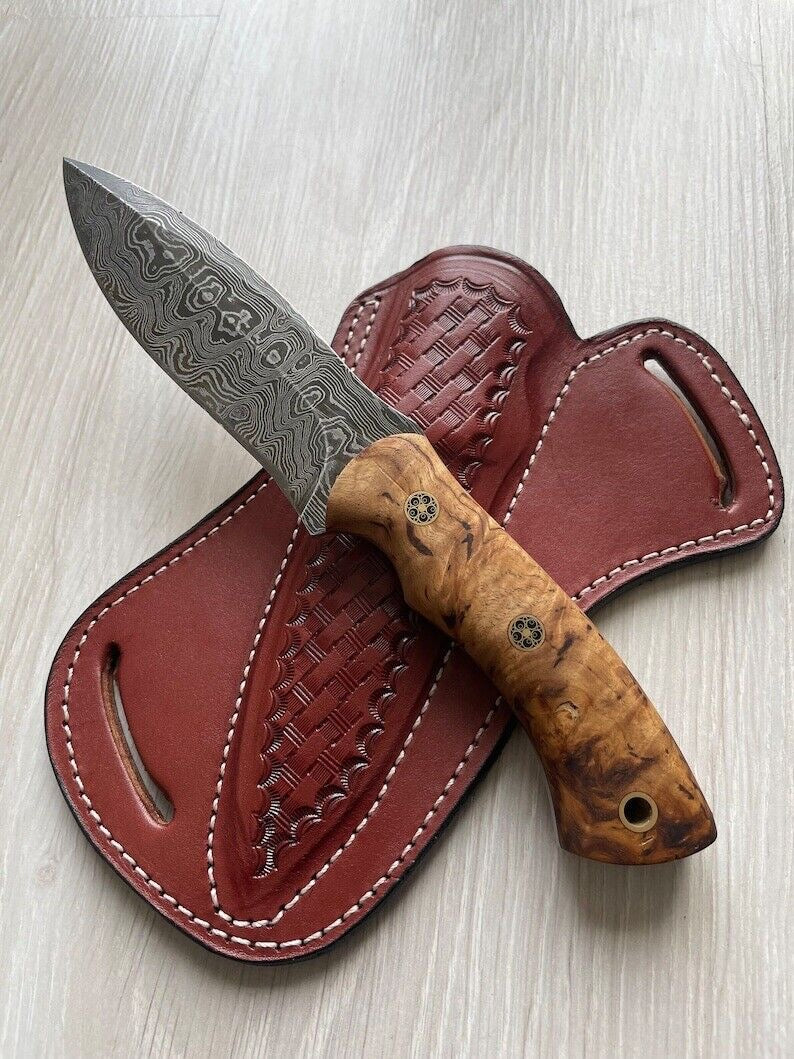
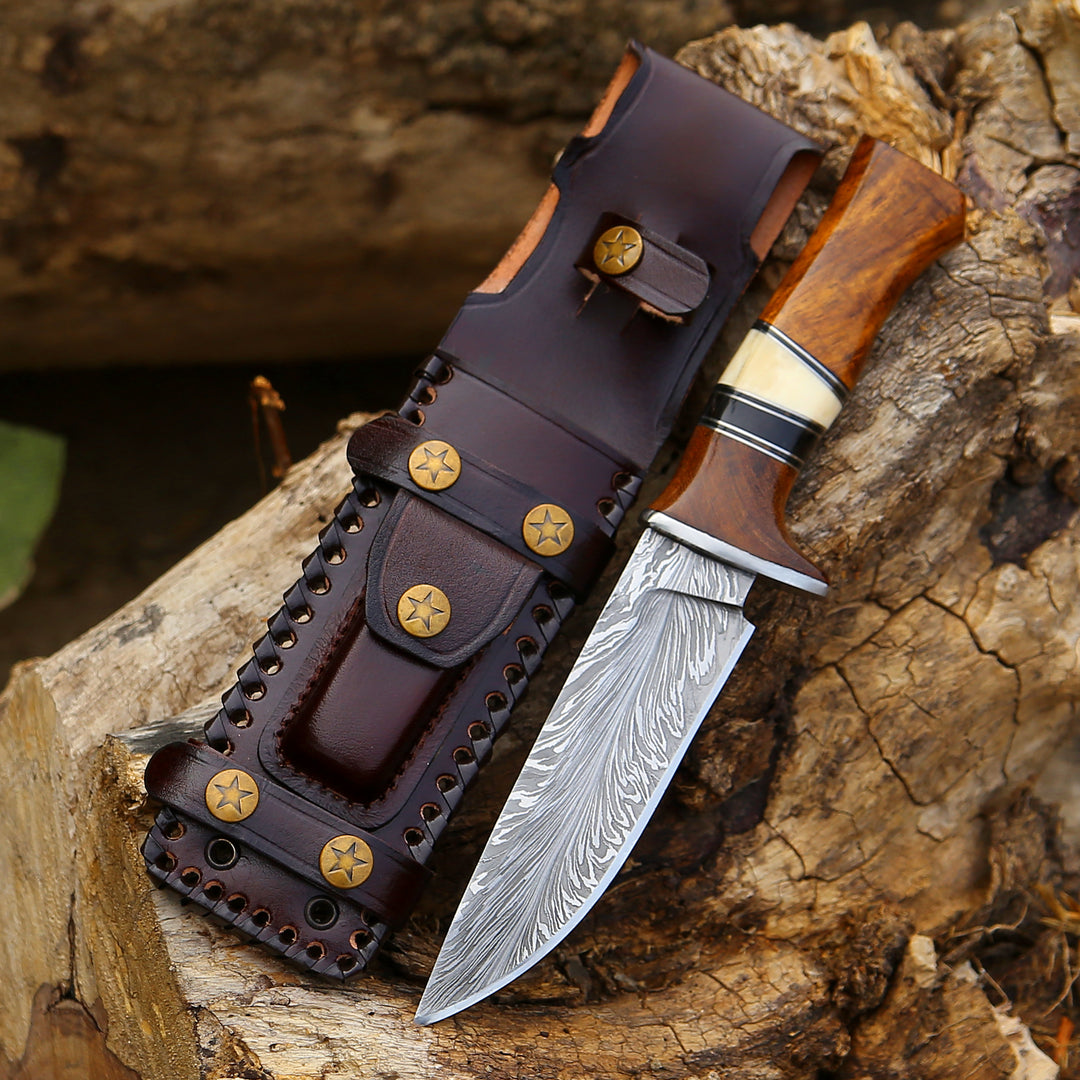
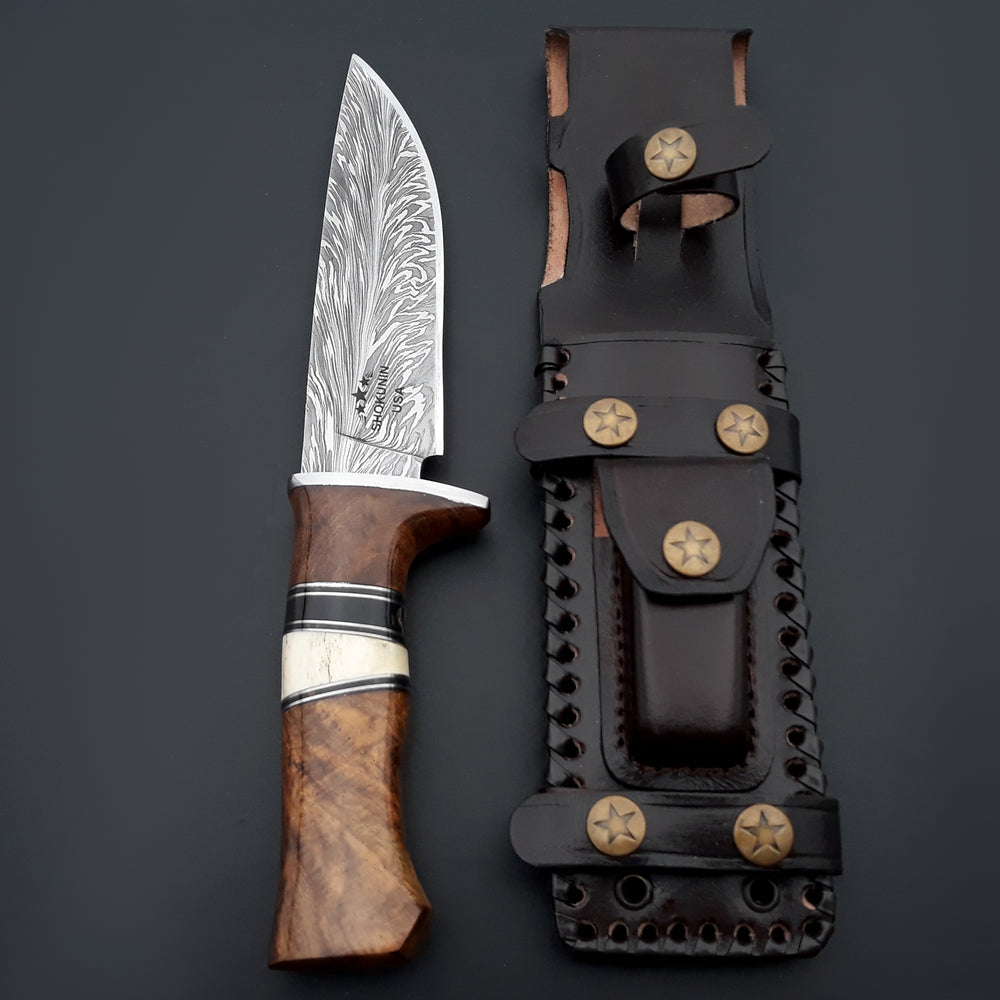
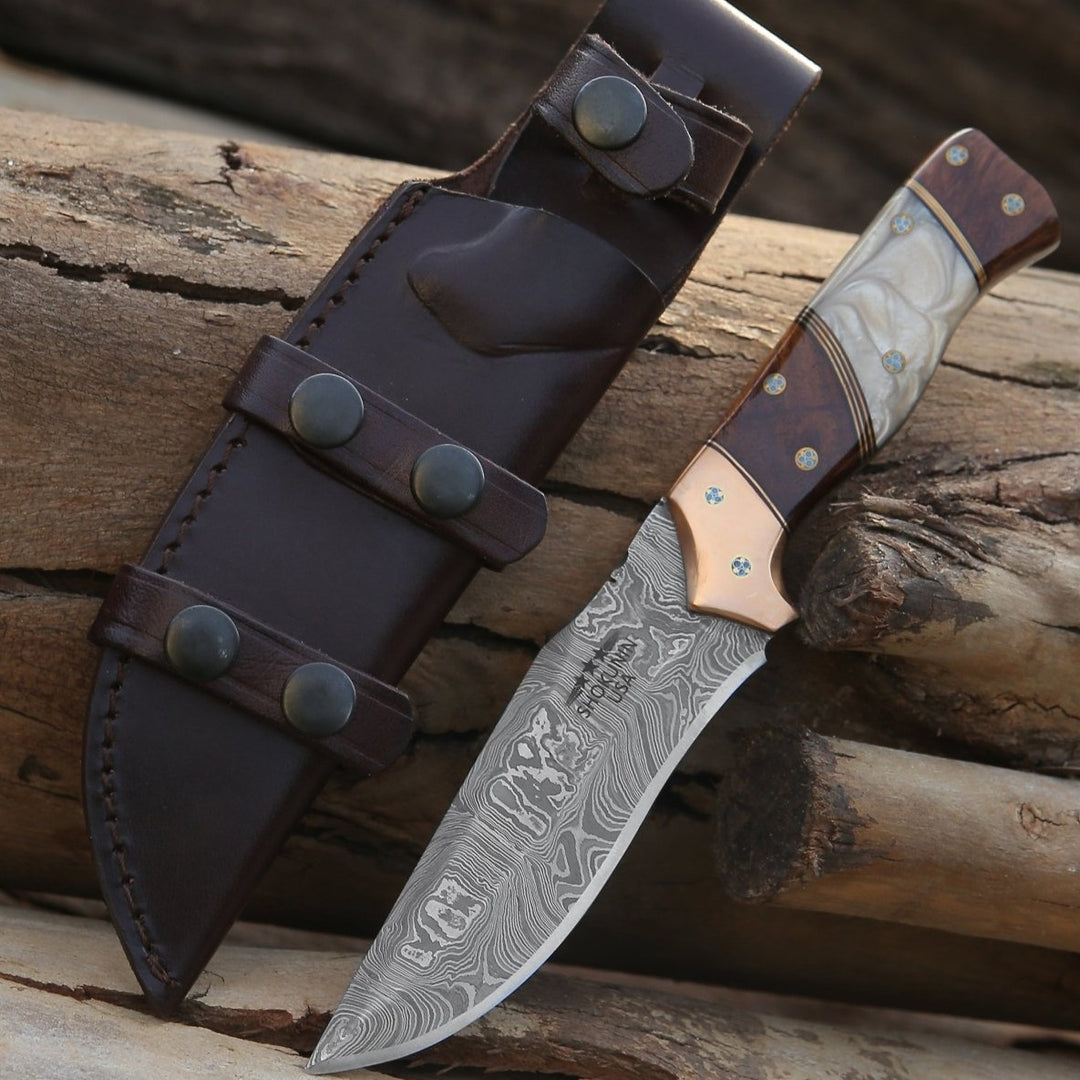
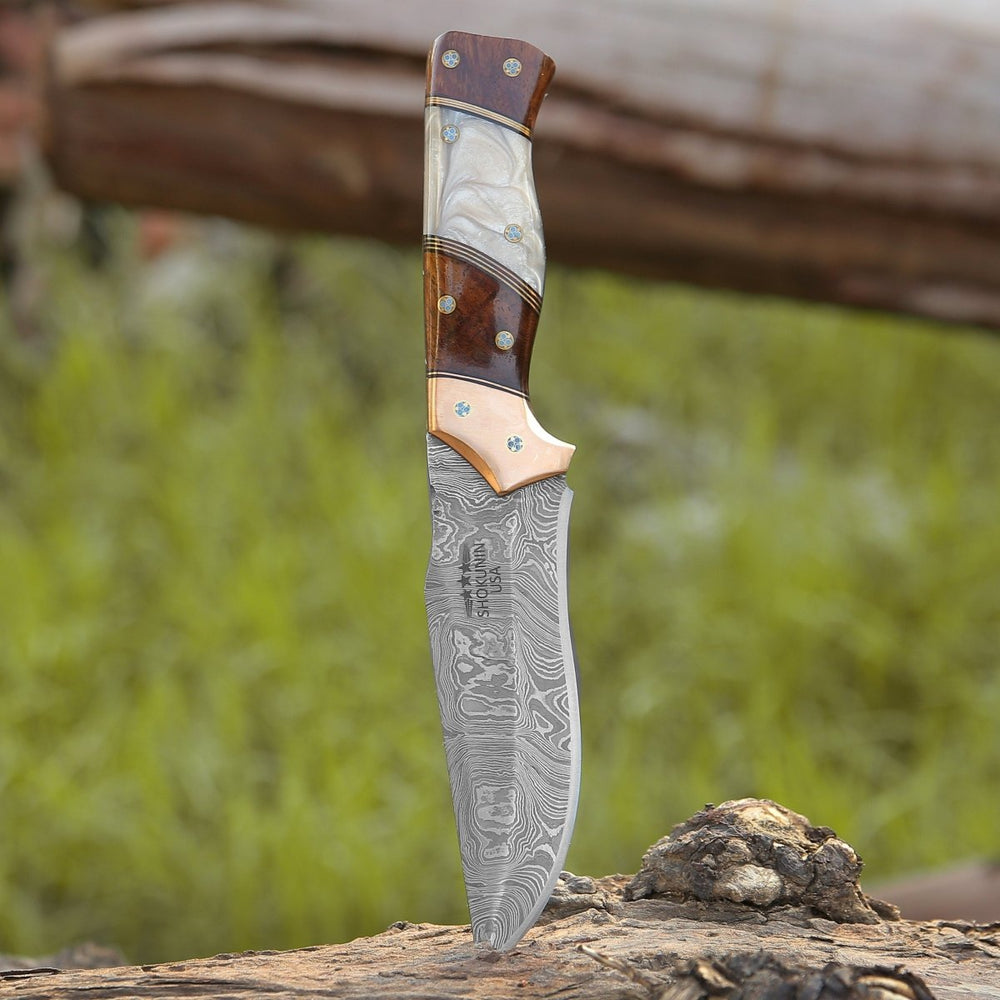
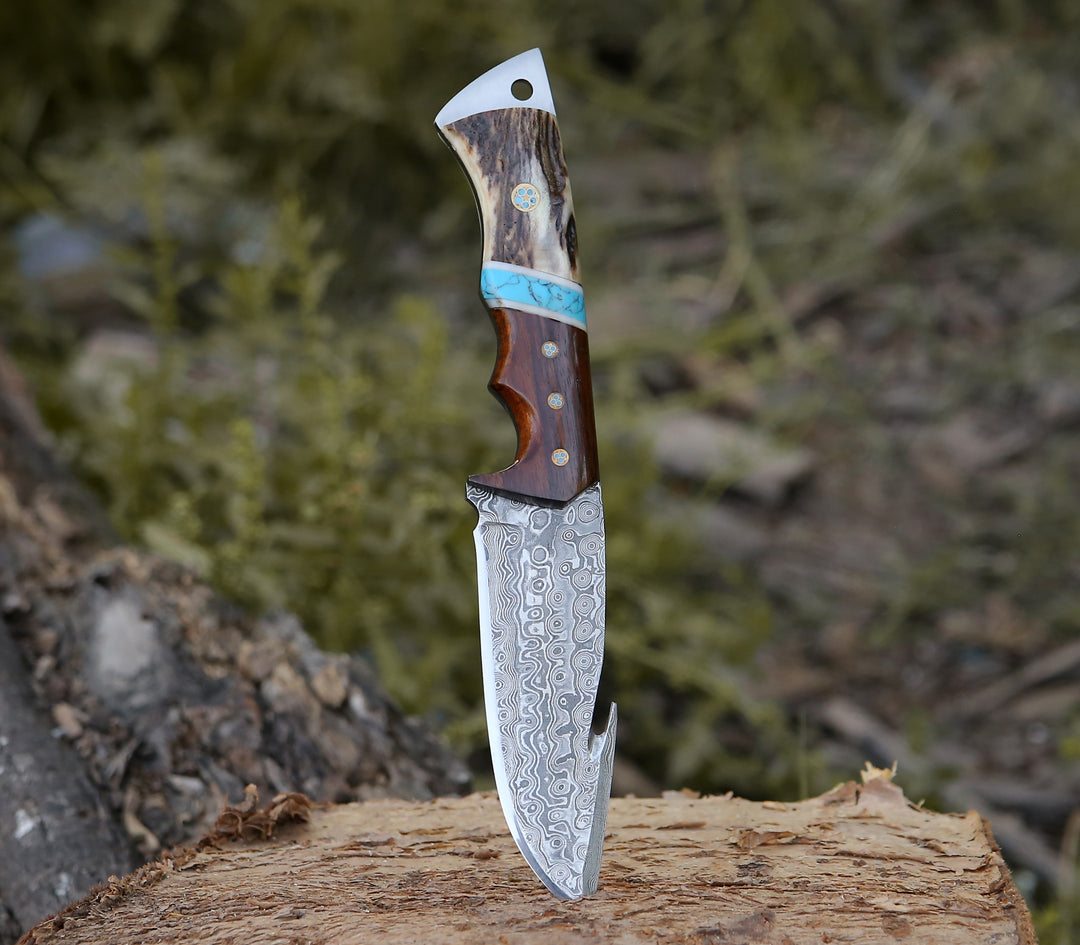
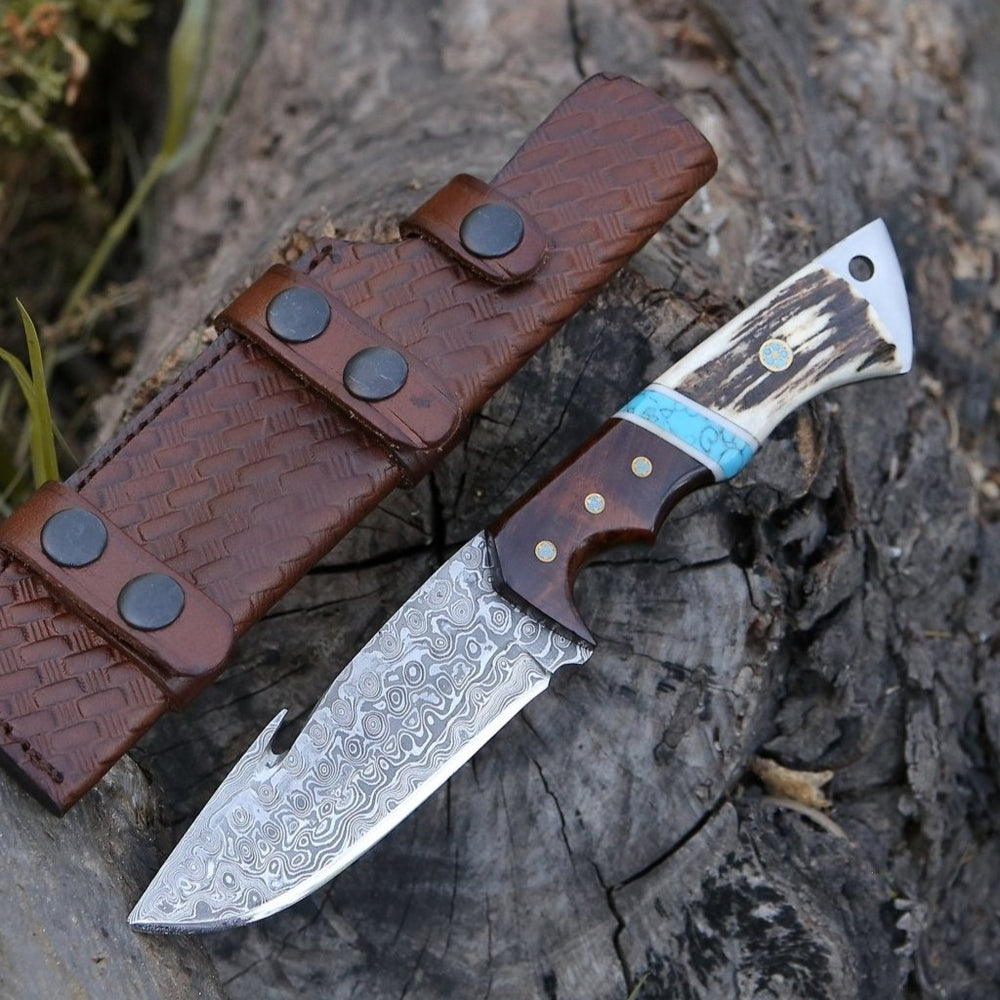
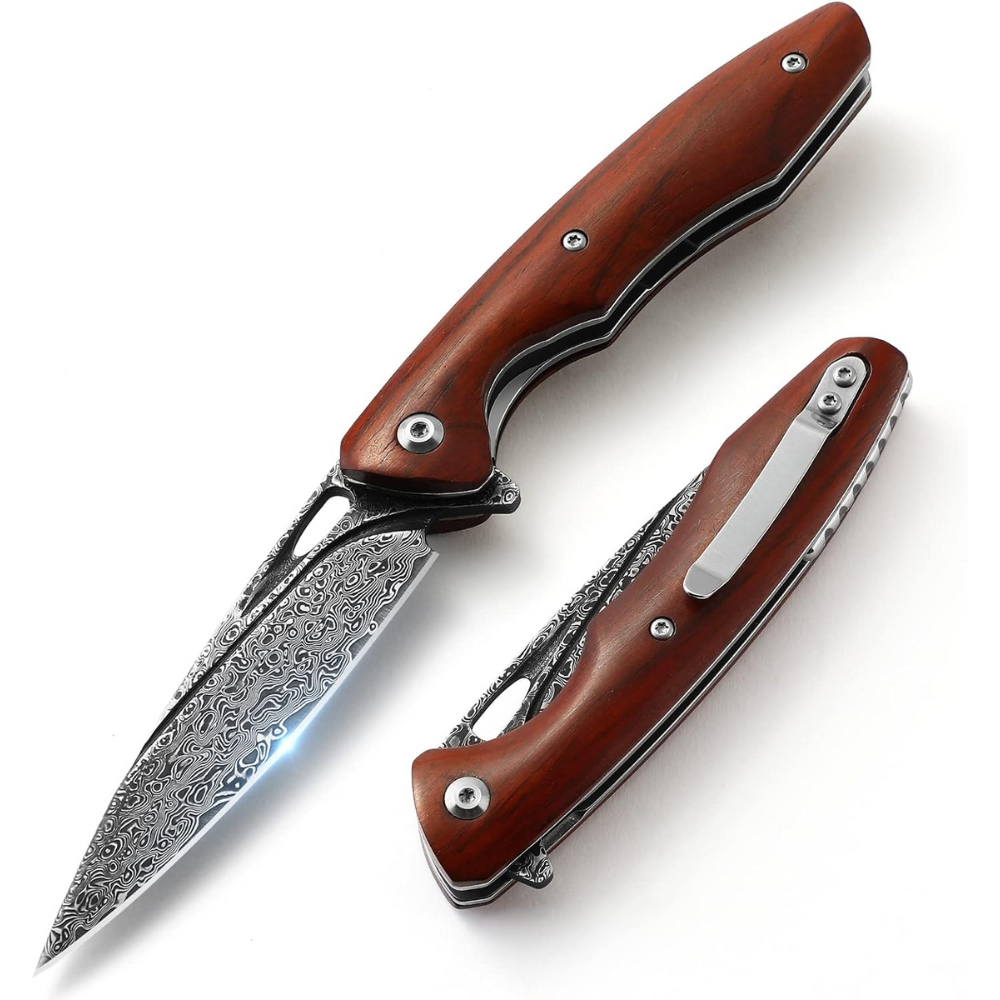
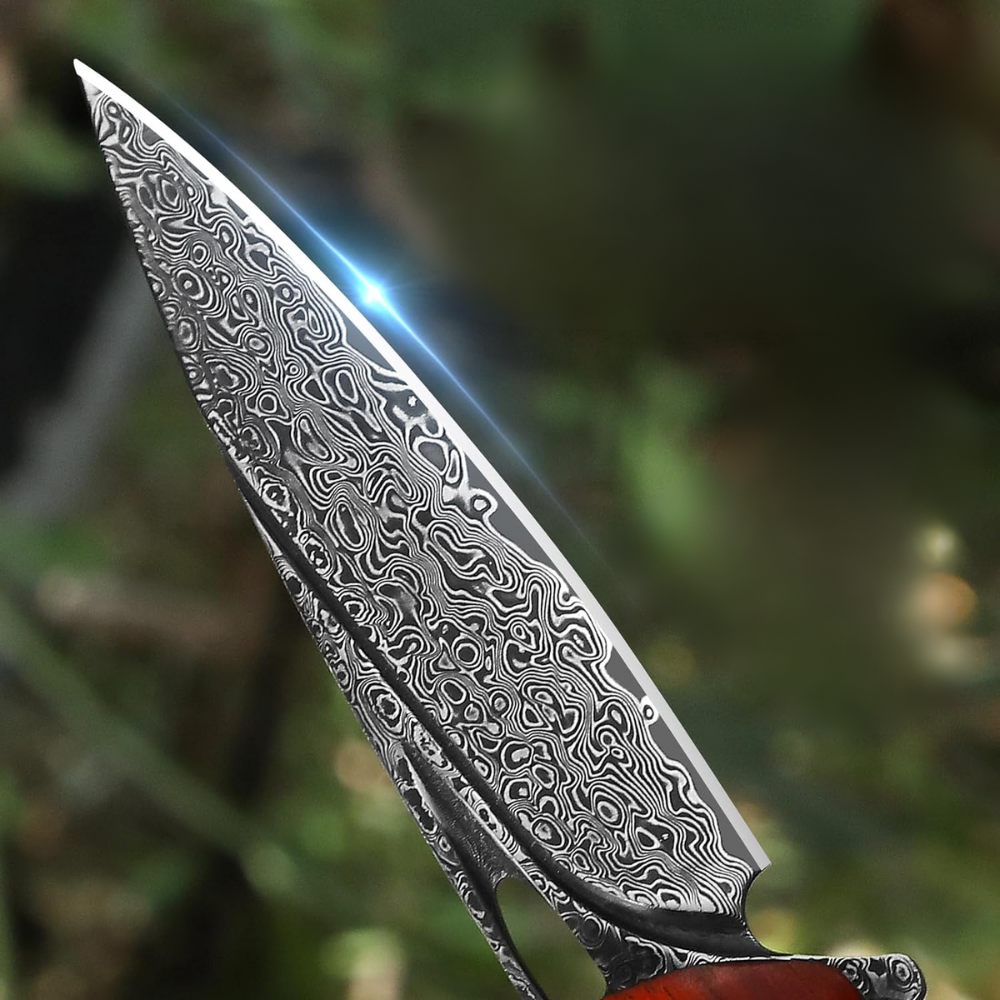
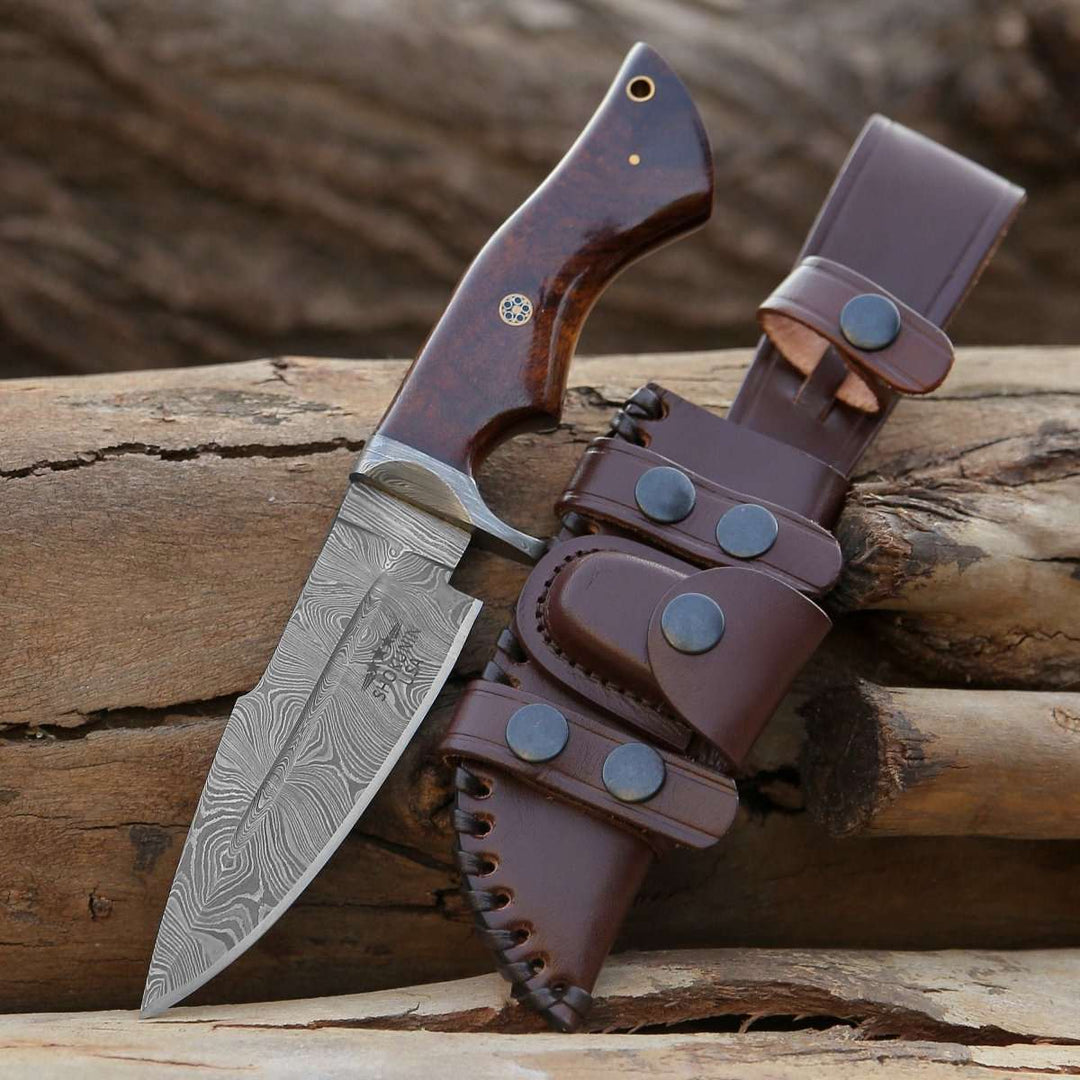
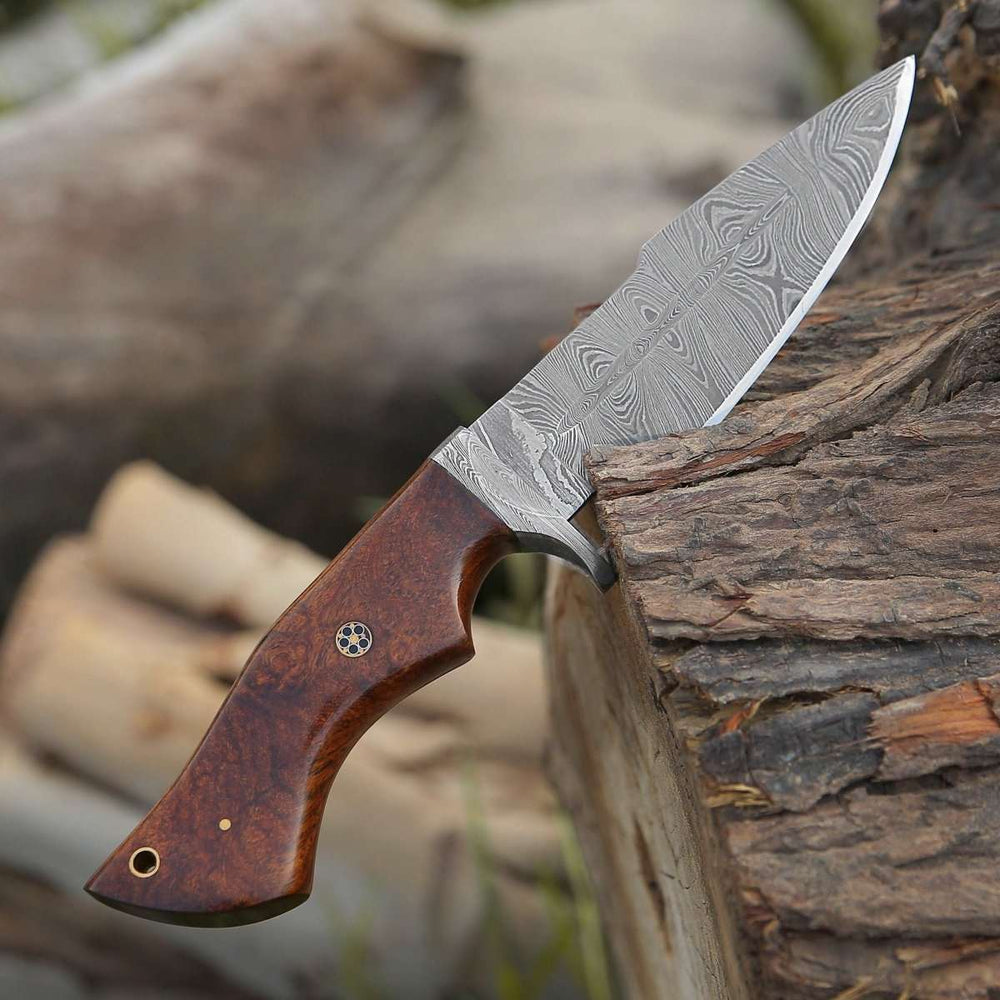
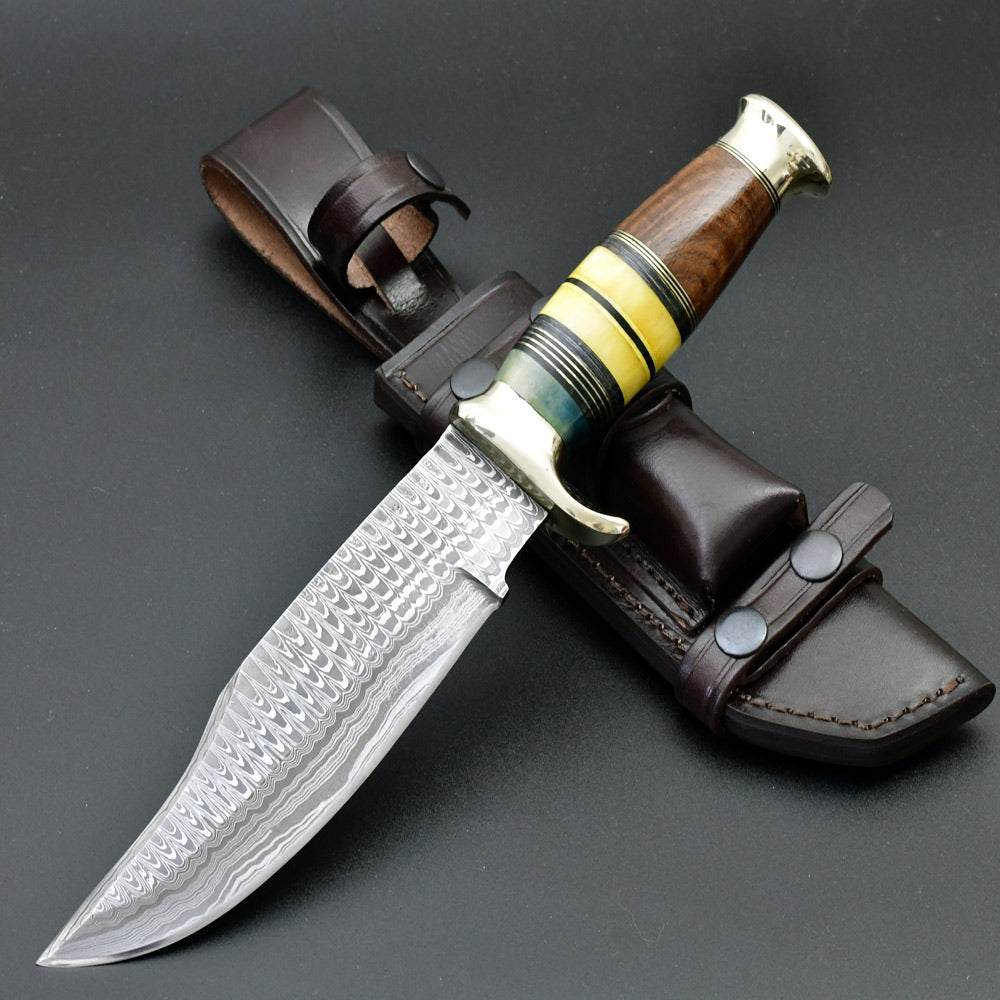
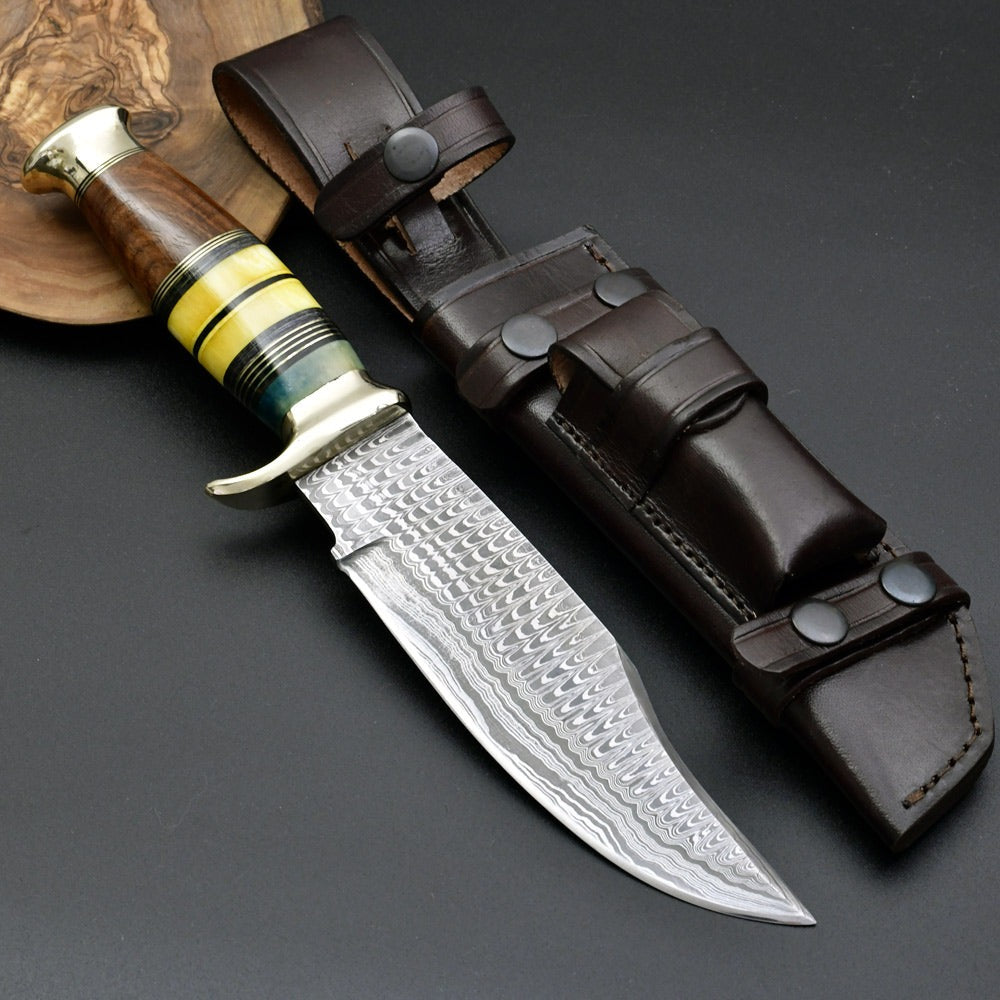
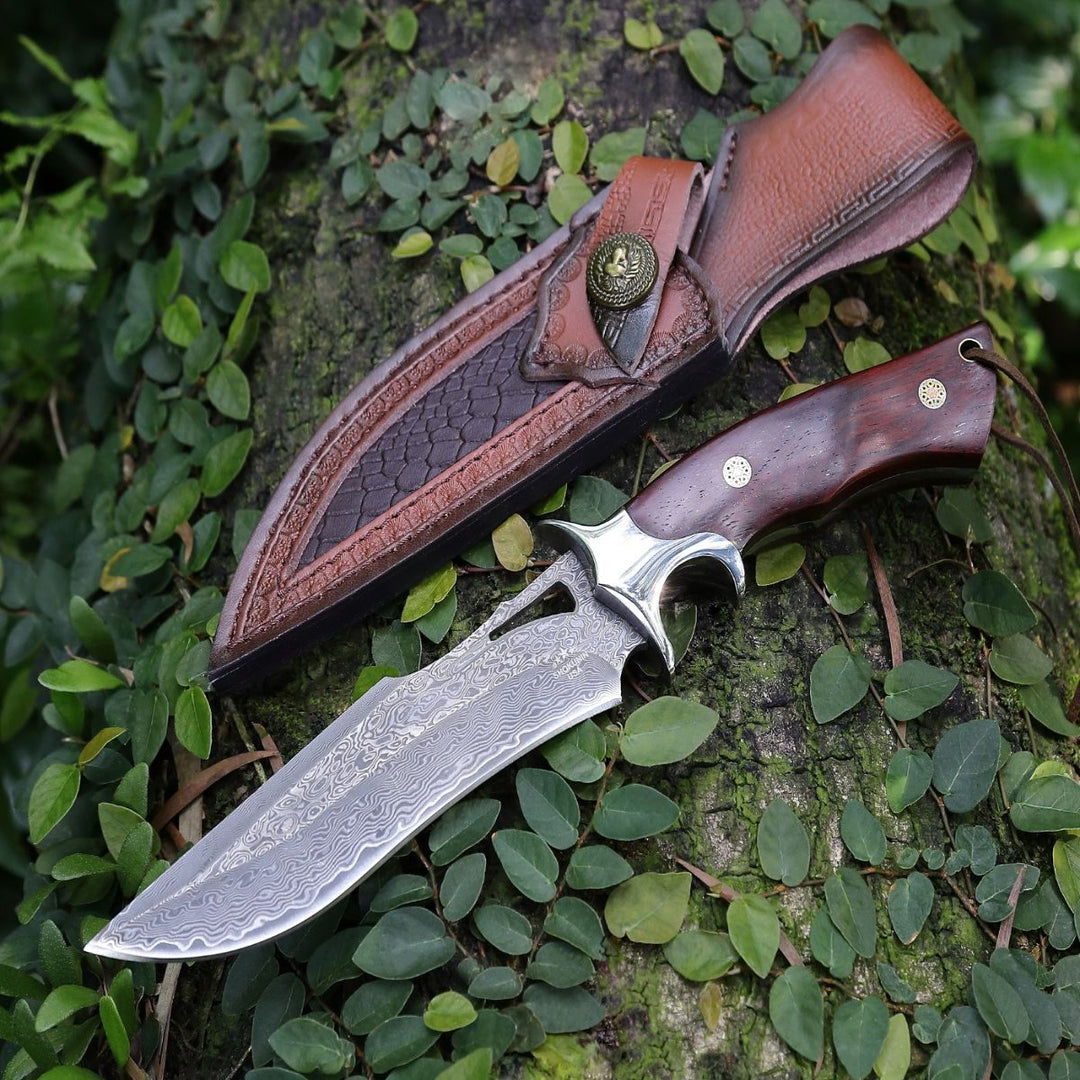
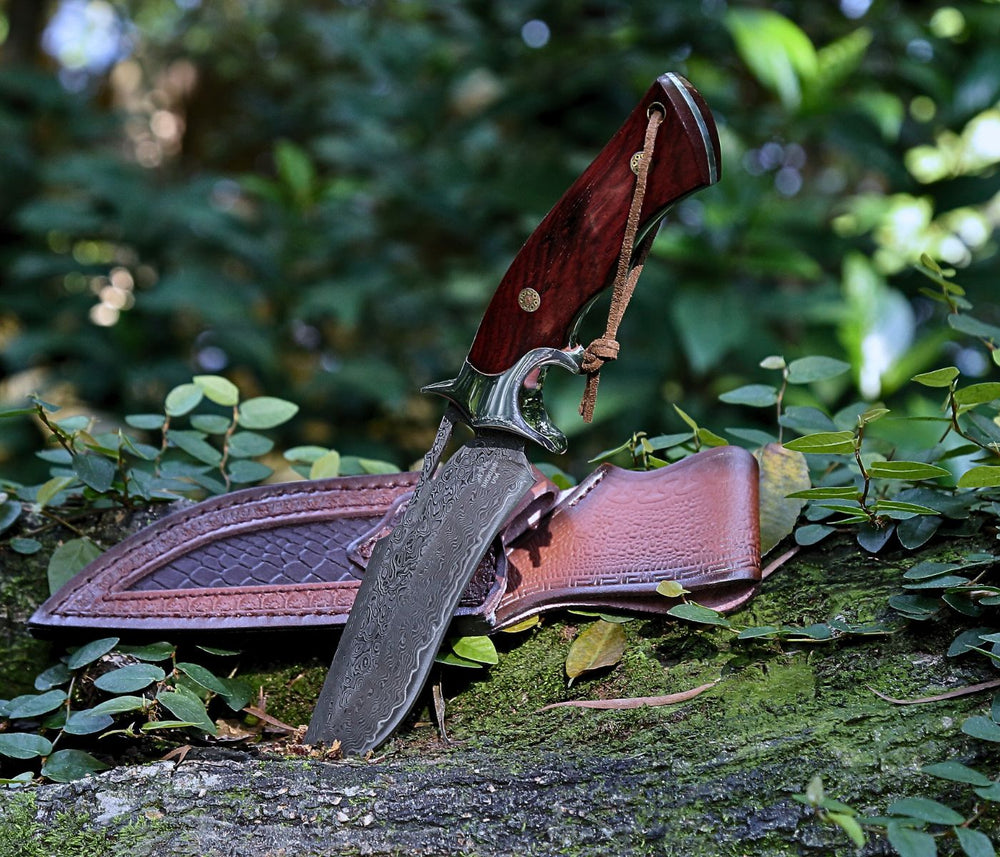
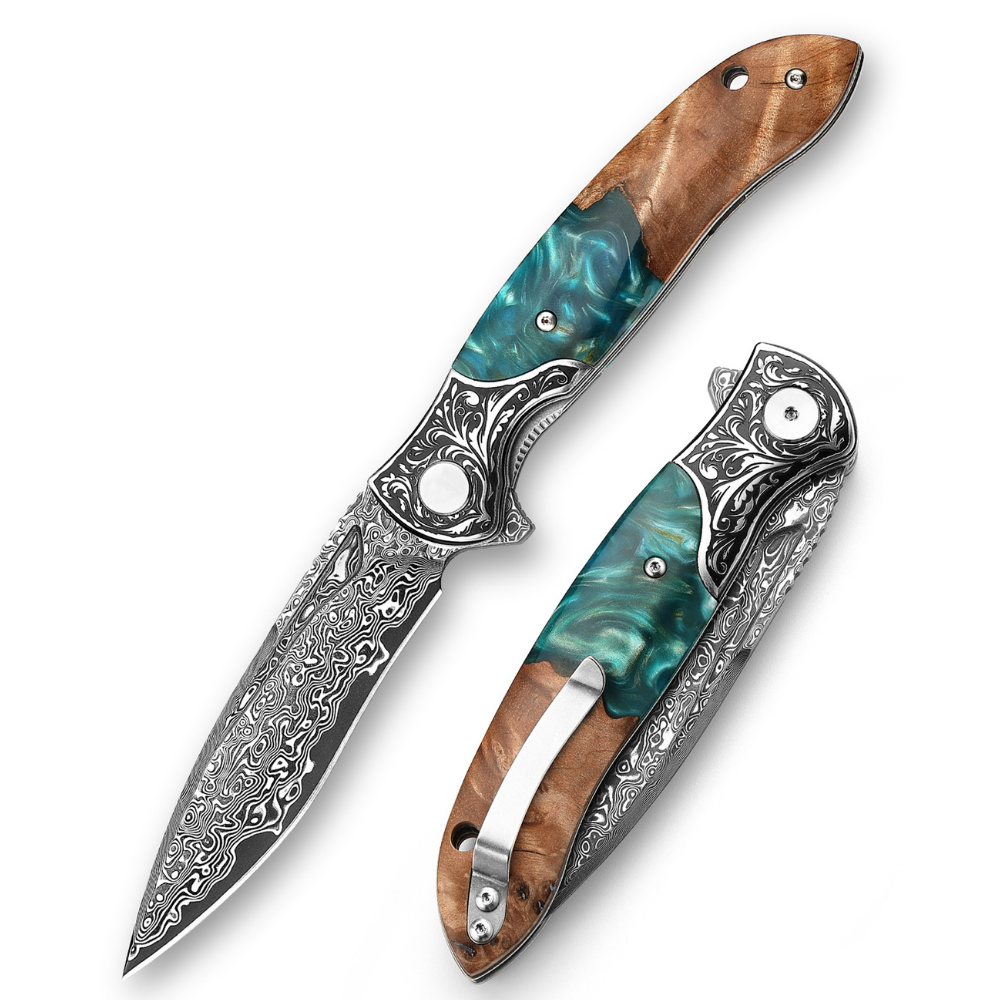
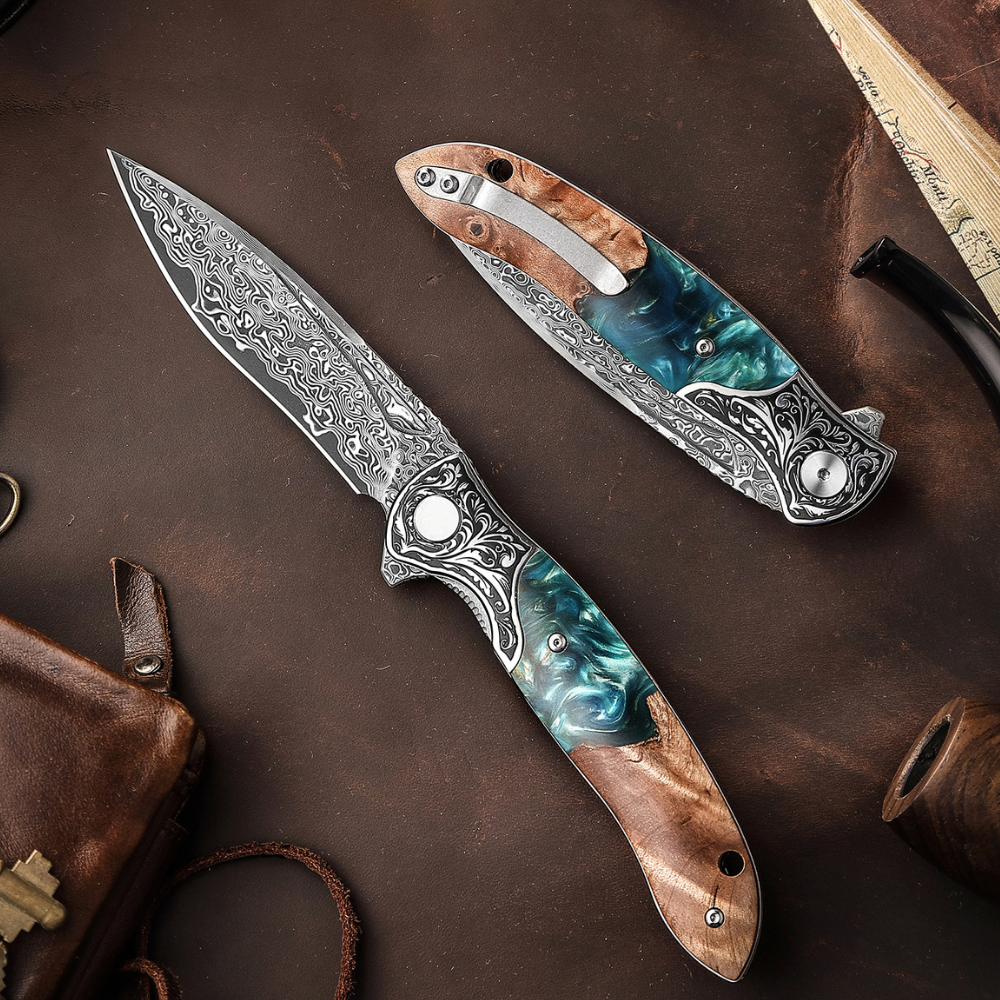
Leave a comment